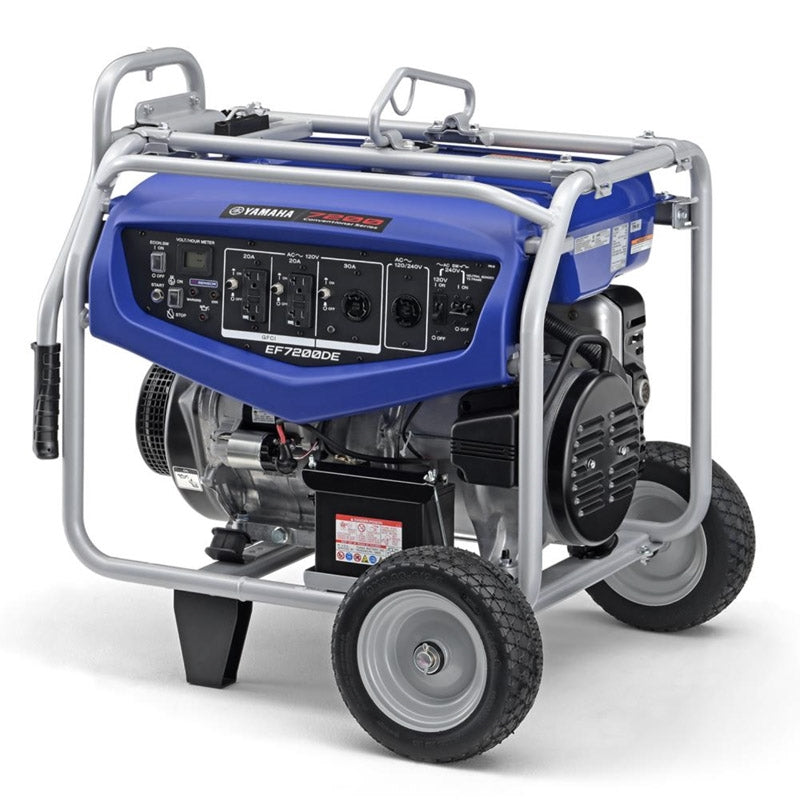I have read quite a few threads here that have had some great information on generators. I was looking into generators a few months back to ensure heat was available during a winter power outage as I am 100% electric (no LP or NG). Once my wood stove was installed, purchasing a generator was pushed to the back burner until this past week when I experienced a 10 hour power outage. Now I am thinking about the need to power the 3/4HP well pump (240V), septic pump, and refrigerator during an extended outage.
From my point of view, I see two options:
1) Buy a large standard portable generator (120V/240V) in order to be able to power everything (well pump would be powered on its own and only as needed to refill the pressure tank). The downside of this is that standard generators are very loud and large ones consume a lot of fuel (LP or gasoline).
2) Buy an inverter generator (120V) to power items in the house and buy a cheaper standard generator (120V/240V) to power just the well pump/water heater. That way I would have clean, quiet power with minimal fuel consumption for most of the run time and just have to deal with the loud, larger, fuel consuming generator when needing to power the well pump or heat pump based water heater.
I appreciate any feedback/recommendations.
From my point of view, I see two options:
1) Buy a large standard portable generator (120V/240V) in order to be able to power everything (well pump would be powered on its own and only as needed to refill the pressure tank). The downside of this is that standard generators are very loud and large ones consume a lot of fuel (LP or gasoline).
2) Buy an inverter generator (120V) to power items in the house and buy a cheaper standard generator (120V/240V) to power just the well pump/water heater. That way I would have clean, quiet power with minimal fuel consumption for most of the run time and just have to deal with the loud, larger, fuel consuming generator when needing to power the well pump or heat pump based water heater.
I appreciate any feedback/recommendations.




